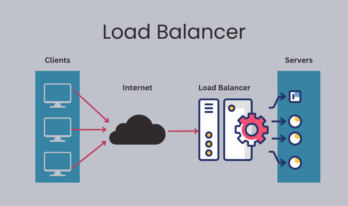If Europe did something progressive, the US apparently cannot seem to digest it well and has to do something to digress in reply.
While the entire world is applauding the GDPR move by the EU, the US is trying to make surfing the web harder and not to mention costlier for the EU residents.
GDPR in the US is treated as a joke, to say the least, considering websites in the US are simply blocking the EU residents from surfing their websites owing to the “harsh” laws set by the authorities.
They would rather lose out on the traffic than give in to the rules and in-turn the revenue from the EU residents visiting the US websites. The GDPR affects are quite evident and it is not all that rosy a picture on the other side of the Pacific.
US Blocks European Visitors Post GDPR
According to the laws set by the European Union, the websites from the European Union or other websites across the globe that are serving EU residents need to be compliant with the GDPR rules and regulations which state that the websites shall not track or collect data from any of the EU residents without their explicit approval, and if they wish to collect data, they need approval from the users themselves.
The US websites do not seem thrilled by this as they are unable to collect data that they can leverage for revenue from any of the EU residents, thus resulting in them blocking out the EU resident users from their websites.
Some of the news websites that draw a substantial amount of EU traffic have gone as far as to even charge a special EU rate which is over and above the regular premium subscription to their services to recover the costs.
Experts have claimed this to be a highly unethical move and are looking for avenues to take severe steps to curb this.
As per the EU authorities, when the GDPR went into effect, this move was supposed to bring in protection for their residents from the wrongful collection of user data and tracking of their online activities by the websites.
The users were asked for permission either on the site before proceeding further or via email to collect their browsing information and personal data.
However, when it came to the other side of the Pacific, this rule seems to have created a furor among the online community.
It will be left to see how things unfold in the future, but as an optimistic web user, one would expect everyone to reach some understanding and not let these activities continue much longer.
You May Also Like to Read :
Has GDPR Pop Ups Restricted My Access to Information on the Web?




